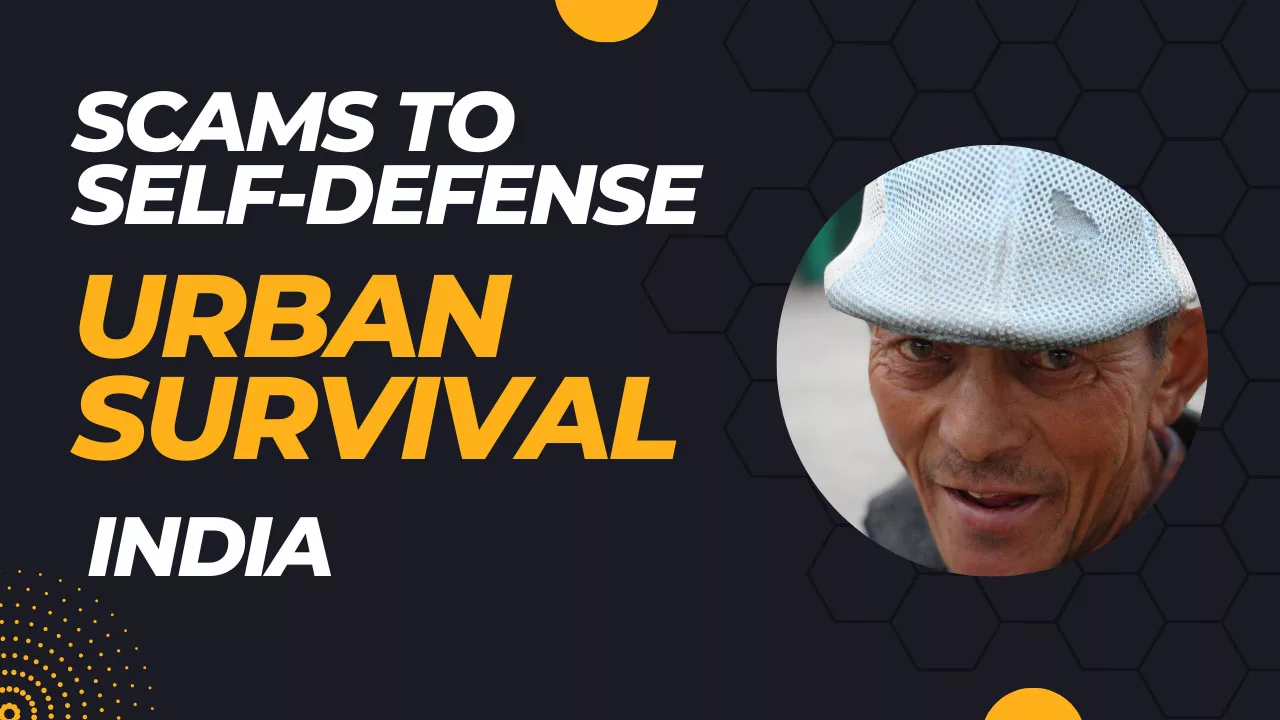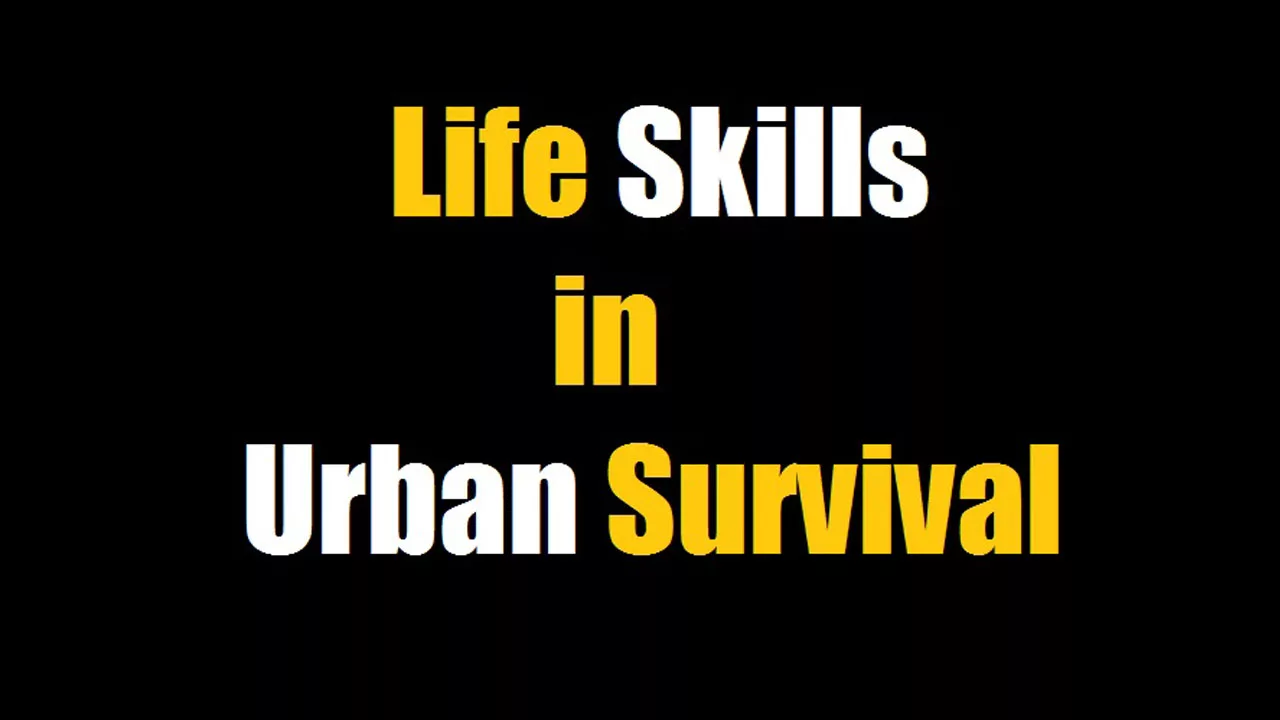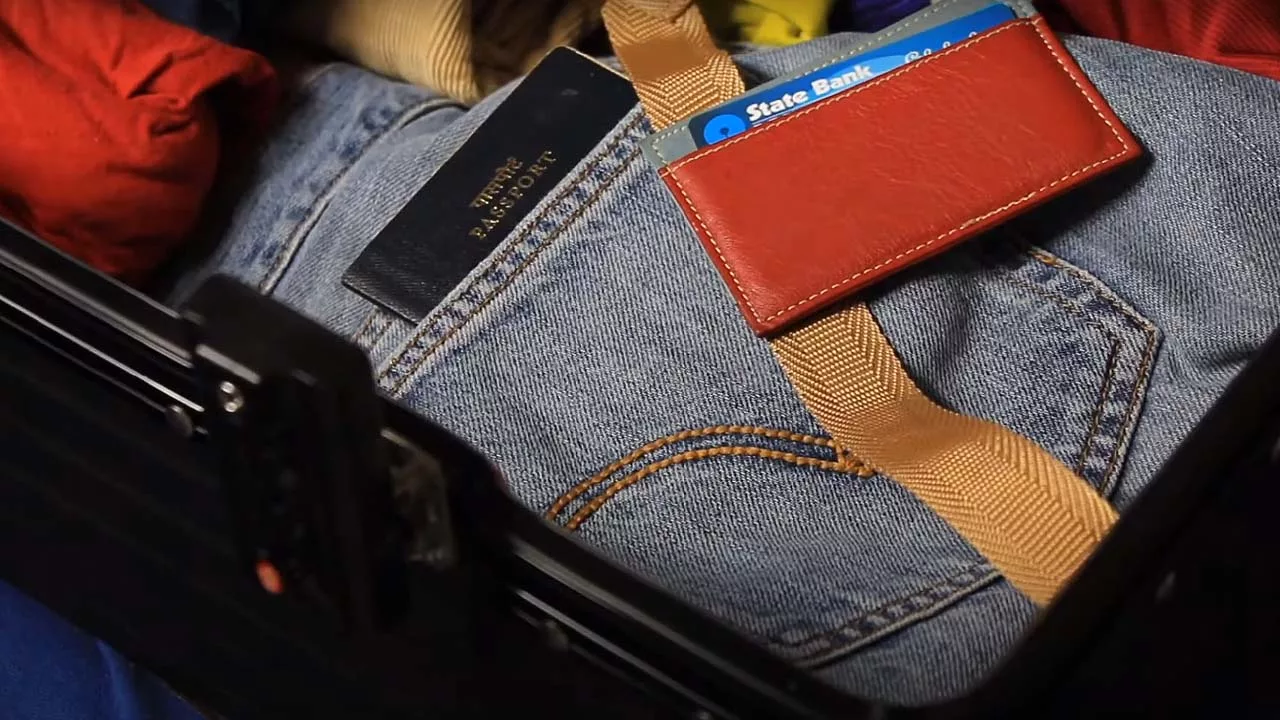From Scams to Self-Defense: Mastering Urban Survival in India
Knowledge Base
Module 3: Street Smart: Personal Safety in Urban Environments
In this Module, we will focus on scams to self-defense in the Indian urban environment. We will explore the awareness of potential threats and scams that commonly occur in Indian cities. In addition, we will teach efficient self-defense skills designed exclusively for urban environments. Finally, we will go through ways of protecting personal possessions from theft and loss.

Urban Survival: Awareness of Potential Threats and Scams
- Understanding common scams: Learn about prevalent scams in Indian cities, such as ATM skimming, pickpocketing, fake charity appeals, and online fraud. Explore case studies and real-life incidents to gain insight into these scams and develop the ability to recognize and avoid them.
Reference Example: ATM Skimming Scam
In recent years, incidents of ATM skimming have increased in several Indian cities. Criminals install small devices on ATM card slots to capture card information and PINs. The captured data is then used to create cloned cards or make unauthorized transactions. Stay vigilant when using ATMs, look for any unusual devices or signs of tampering, and cover the keypad while entering your PIN.

Urban Survival: Effective Self-Defense Techniques for Urban Settings
- Basic self-defense moves: Discover practical self-defense techniques suitable for urban environments, focusing on techniques that utilize body movements, strikes, and vulnerable points on the attacker’s body. Learn how to escape common grabs, defend against strikes, and create opportunities for escape.
Reference Example: Street Harassment
Instances of street harassment, including verbal harassment and unwanted physical contact, unfortunately, occur in various Indian cities. If you find yourself in such a situation, it is important to prioritize your safety. Techniques such as assertive communication, creating distance, and using loud vocal commands can help deter potential harassers and attract attention from nearby people.
Urban Survival: Safeguarding Personal Belongings
- Securing bags and valuables: Explore practical strategies to safeguard your personal belongings while moving through crowded places, public transportation, and market areas. Learn about the importance of using secure bags, keeping valuables out of sight, and employing additional security measures such as locks and RFID-blocking wallets.

Reference Example: Pickpocketing
Pickpocketing is a common occurrence in crowded areas, markets, and public transportation. To minimize the risk, avoid keeping wallets or mobile phones in easily accessible pockets. Instead, opt for secure pockets or use a cross-body bag with zippers. Be cautious of distractions, crowded spaces, and people who get uncomfortably close to you.
Note: This module guides personal safety and self-defense techniques. It is critical to remember that physical self-defense should only be employed as a last resort when escape is impossible or when imminent danger exists. In such cases, your safety should always take first.
Remember that being aware of possible dangers, employing self-defense tactics, and preserving your valuables will dramatically lower your chances of being a victim in metropolitan areas. Always be alert, follow your instincts, and prioritize your safety!
Continue to Module 4: Emergency Preparedness
